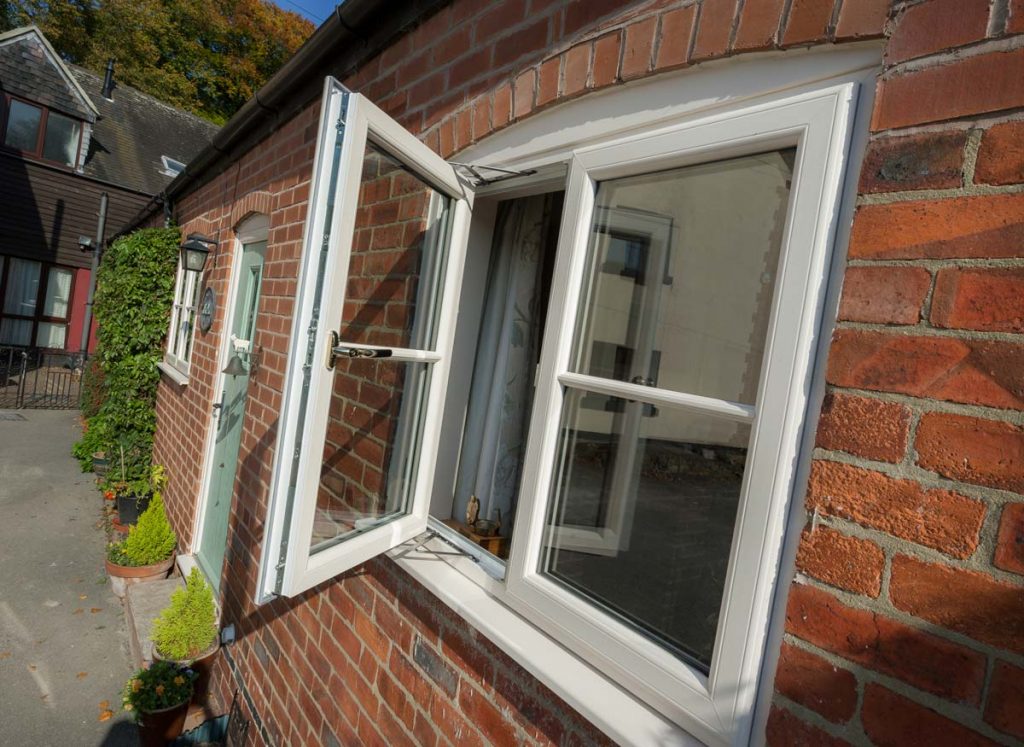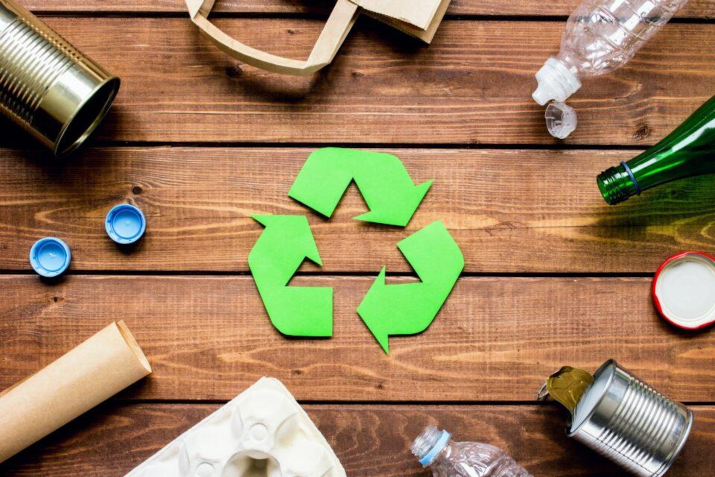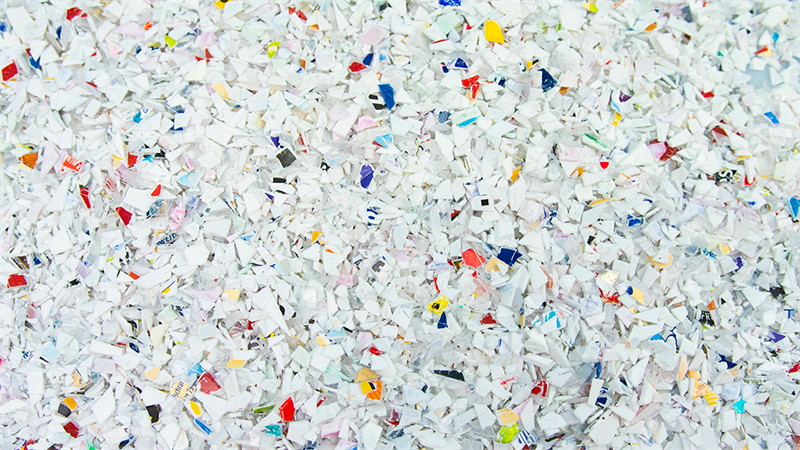The Environmental Benefits of Plastic Windows: Sustainability and Recycling
Plastic windows, also known as vinyl windows, have gained popularity in the construction industry for their durability, energy efficiency, and low maintenance requirements. However, beyond these advantages, plastic windows offer significant environmental benefits that contribute to sustainability and promote recycling efforts. In this article, we will explore the environmental advantages of plastic windows and shed light on their role in creating a greener and more sustainable future.
- Energy Efficiency and Reduced Carbon Footprint One of the most significant environmental benefits of plastic windows is their energy efficiency. Plastic windows are known for their excellent thermal insulation properties, which help to minimize heat transfer between the interior and exterior of a building. By reducing heat loss during winter and heat gain during summer, plastic windows contribute to lower energy consumption for heating and cooling purposes. This, in turn, leads to reduced reliance on fossil fuel-based energy sources, resulting in a decreased carbon footprint and mitigated environmental impact. How to properly adjust plastic windows for smooth operation, read this article.

- Durability and Longevity Plastic windows are highly durable and can withstand various weather conditions, including extreme temperatures, moisture, and UV exposure. Their longevity is a crucial environmental advantage, as it reduces the need for frequent replacements. By opting for plastic windows, homeowners and businesses can avoid unnecessary waste generation associated with window replacements and the disposal of old windows. The extended lifespan of plastic windows aligns with the principles of sustainability by promoting resource conservation and reducing the overall environmental impact of the construction industry.
- Recyclability and Material Reuse Another notable environmental benefit of plastic windows is their recyclability. The majority of plastic windows are made from polyvinyl chloride (PVC), which is a recyclable material. At the end of their life cycle, plastic windows can be collected, processed, and transformed into new products, reducing the demand for virgin materials and the associated environmental impact of raw material extraction and manufacturing processes. Recycling plastic windows helps conserve resources, reduce landfill waste, and minimize greenhouse gas emissions.
- Energy-Efficient Manufacturing Processes The production of plastic windows has also become more energy-efficient over the years. Window manufacturers have implemented technologies and processes that reduce energy consumption and minimize the carbon footprint of window production. This includes advancements in machinery, energy-efficient heating systems, and the adoption of renewable energy sources. By prioritizing energy efficiency in manufacturing, the environmental impact of plastic windows is further reduced, making them a sustainable choice for both residential and commercial applications.
- Insulating Properties and Reduced Energy Demand As mentioned earlier, plastic windows offer excellent thermal insulation properties. By minimizing heat transfer and reducing air leakage, they contribute to lower energy demand for heating and cooling purposes. This reduction in energy demand has a positive environmental impact by decreasing the reliance on non-renewable energy sources and lowering greenhouse gas emissions associated with energy generation. The energy-saving potential of plastic windows aligns with global efforts to combat climate change and reduce the overall carbon footprint of buildings.

- Reduced Maintenance and Cleaning Requirements Plastic windows require minimal maintenance and cleaning compared to other window materials such as wood or aluminum. This is because plastic windows are resistant to moisture, rot, and corrosion. The reduced maintenance needs translate into lower consumption of cleaning products, water, and energy. By choosing plastic windows, homeowners and businesses can contribute to water conservation efforts and minimize the use of chemical cleaners, further enhancing the environmental benefits of these windows.
In conclusion, plastic windows offer numerous environmental benefits that contribute to sustainability and promote recycling efforts. Their energy efficiency, durability, recyclability, and energy-efficient manufacturing processes all play a role in reducing carbon footprints, conserving resources, and minimizing waste generation. By choosing plastic windows for construction and renovation projects, individuals and organizations can actively contribute to a greener and more sustainable future while enjoying the functional and aesthetic benefits that these windows provide.


